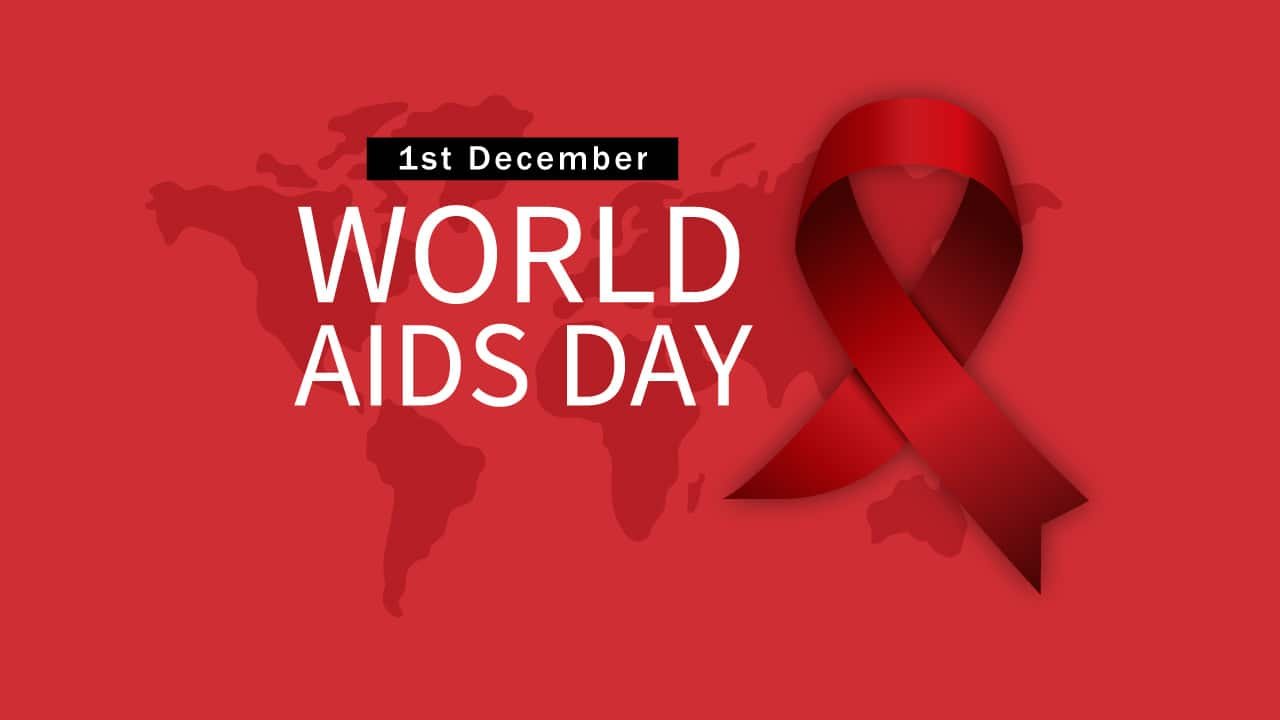World AIDS Day is celebrated every year on 01 December to make people aware of AIDS worldwide. AIDS is an incurable disease. No treatment has been found so far. Avoidance is the only cure. The disease is caused by infection with the human immunodeficiency (HIV) virus.
HIV is a virus. This virus attacks the immune system of the body and kills T cells. Due to this, the body of a person is not able to fight against even normal diseases. Inadequate treatment of HIV on time increases its infection and becomes the cause of AIDS.
Despite the awareness level that we’ve reached today, people suffering from AIDS are still ostracized because of the stigma attached to the disease. It is well-known that AIDS is not communicable via touch, but people suffering from it are still treated as untouchable and are often looked down upon.
According to UNAIDS, 38 million people all over the world were found to have contracted AIDS, one way or another. Among these 38 million people, 1.8 million were children below 15 years old.
This is how HIV can spread:
HIV can be spread from one person to another in many ways. This can occur through transfusion of infected blood, use of infected needles, and unprotected sex. In addition, this infection can also happen to the pregnant woman by breastfeeding her children and infants. However, there are many misconceptions among people about the spread of HIV. Mosquito bites, joining hands with HIV infected, eating food, talking, and using a toilet for many people do not spread HIV.
How we can stop the spreading of HIV-AIDS:
First, we can say that our awareness is very important to avoid HIV. Always use a new syringe when you are going to inject. Have safe sex. Get the infection checked before blood transfusion. Also, always shave with a new blade.
According to WHO ( World Health Organisation) in 2019, 690 000 people died from HIV-related causes, and 1.7 million people were newly infected, with nearly 2 in three (62%) of these new infections occurring among key populations and their partners.
These figures show how crucial is the fight against HIV-AIDS. “HIV prevention, testing, treatment, and care services are all being disrupted particularly in countries with fragile health systems. The breakdown in essential HIV services due to COVID-19 is threatening lives. Any slowing down in provision of these services will leave many vulnerable populations at greater risk of HIV infection and AIDS-related deaths,” WHO said. The global health body has exhorted global leaders and citizens to rally for “global solidarity” to maintain essential HIV services during COVID-19 and beyond.
